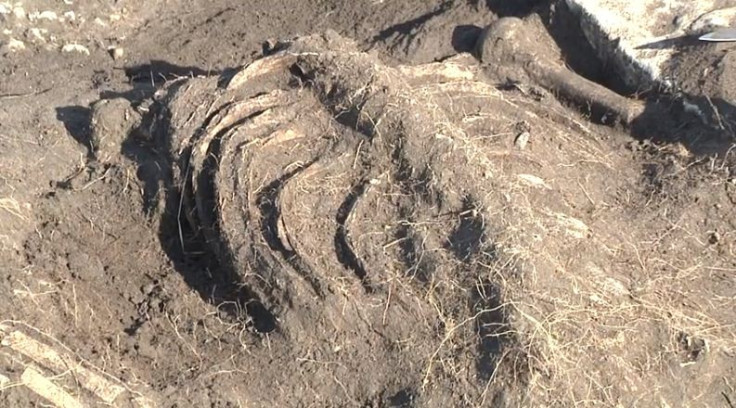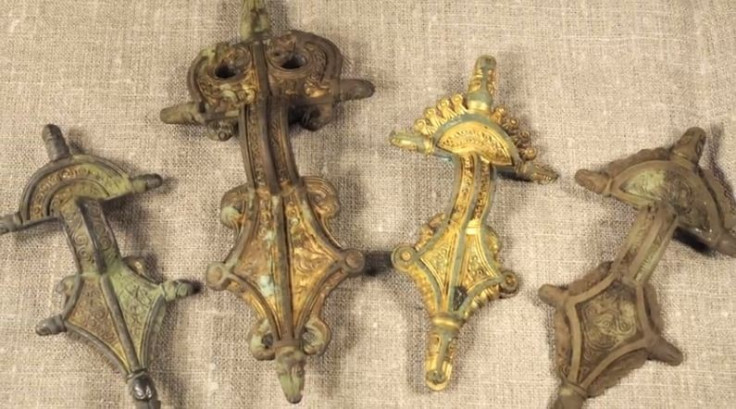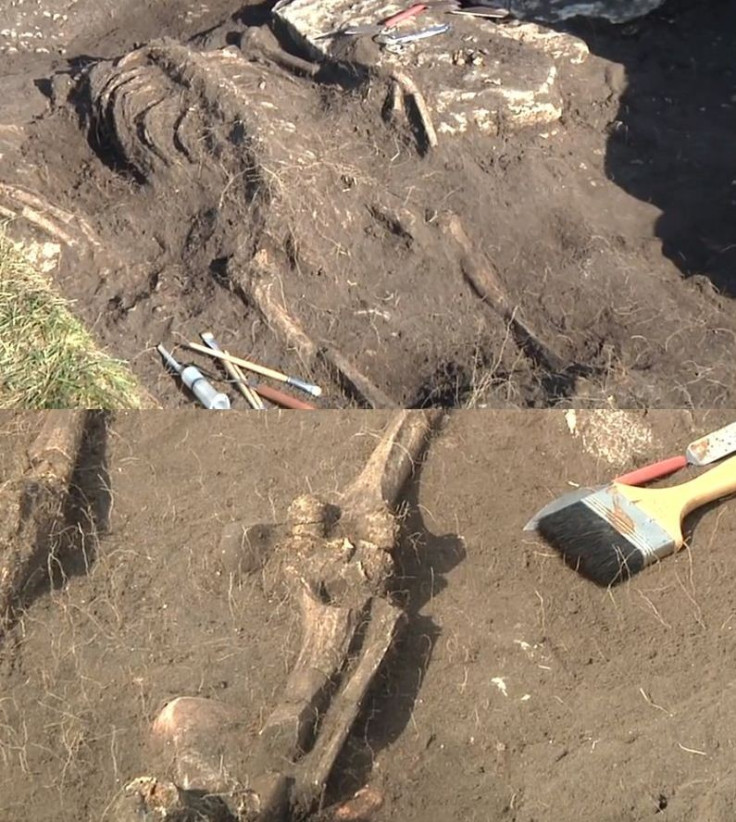Pompeii-like Ruins Frozen in Time Uncovered in Sweden [PHOTOS]

Archaeologists at Sweden's Lund University have uncovered what has been described as the "Swedish Pompeii".
The archaeologists have found remains of bodies that appear to be frozen in time after a brutal massacre.
In the two Roman cities of Pompeii and Herculaneum on the coast of the Bay of Naples in southern Italy, settlements, people, animals and objects were frozen in volcanic ash following an enormous eruption of Mount Vesuvius in 79 AD. The cities were literally buried in time within a mere 24 hours of eruption.
In the present case, bodies were found at an ancient fort on the island of Öland, located off the Swedish coast. Precious metal items were also found at the site.

"There are so many bodies, it must have been a very violent and well organised raid", Helene Wilhelmson, a member of the excavation team said in a statement, adding that the skeletons kept emerging from the site.
As many as five bodies have been uncovered in one house of the fort alone, while human bones have been discovered in other parts of the fort. According to archaeologists, there may be hundreds of human bodies yet to be dug out.
The bodies belonged to the Migration Period (400 to 800 AD) in Scandinavia when it was customary to burn the dead. The discovery of uncremated bodies and human bones suggests that a massacre took place at the site.
"Why the fort has been left untouched for 1,500 years remains a mystery. One theory is that the location became taboo after the massacre. It's a day in life of the Migration Period, and that's completely unique. We have nothing to compare it to," the archaeologists said.

© Copyright IBTimes 2024. All rights reserved.







